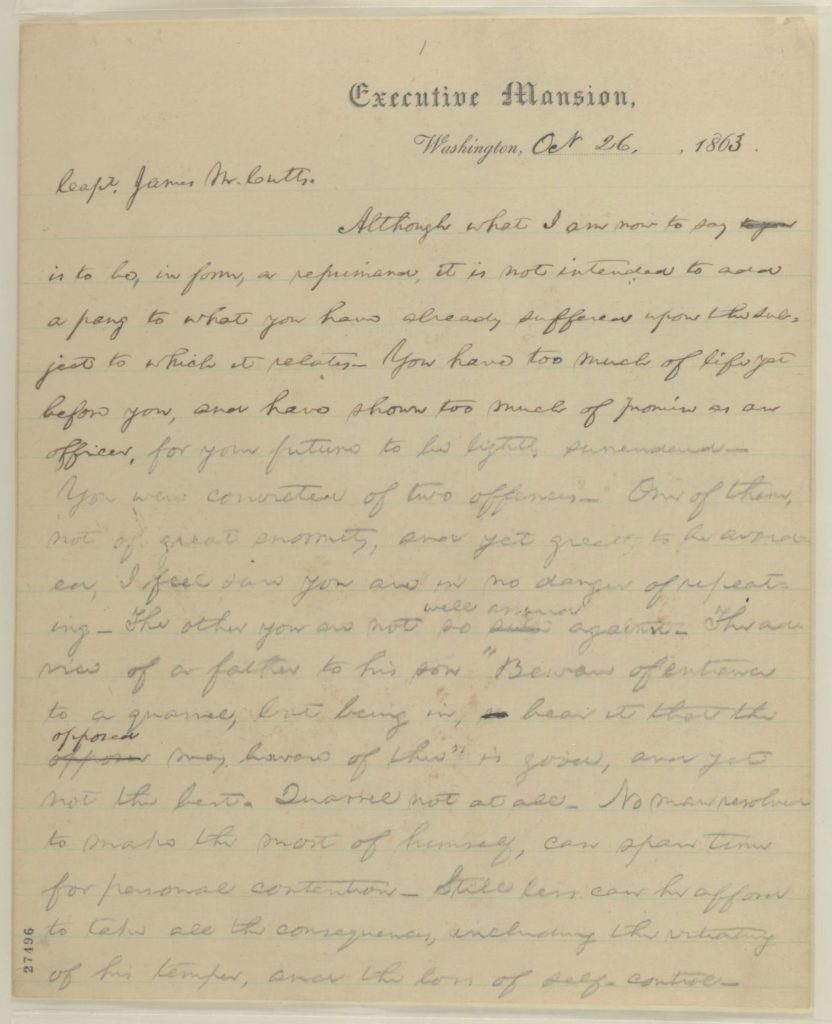A week ago, I was traveling down the coast of Washington with my brother Chris and nephew Liam. Just after sunset, we passed through a couple little towns in Pacific County, on U.S. 101 north of Astoria–first Raymond, then South Bend. Both are right on the Willapa River, just inland from Willapa Bay. As we rolled through South Bend, population 1,700, with Chris carefully watching how fast he was going in case of a speed trap, we passed a sign pointing to a launching ramp for kayaks and canoes. I glanced over and saw what appeared to be a giant shell with a sign that said “Worlds Largest Oyster.”
“Turn around,” I said to Chris as we rolled past. He pulled an apparently legal U-turn, and we drove into a little waterfront park. The “oyster” turned out to be made of concrete–maybe a draw for the rubes, of whom I had apparently proven myself one. The main display in the park turned out to be a memorial to a son of Pacific County, Robert E. Bush, who won the Medal of Honor as an 18-year-old Navy corpsman during World War II. In fact, there was a sign saying Mr. Bush, who did well in the lumber and building-supply business, had donated money for the park. He died in 2005, but there’s a small pavilion with a plaque inscribed with Bush’s Medal of Honor citation and a statue depicting Bush’s actions. Here’s the citation:
The President of the United States of America takes pleasure in presenting the Medal of Honor to Robert E. Bush, Hospital Apprentice First Class, U.S. Navy, for service as set forth in the following:
Citation: Robert Bush, United States Navy, for conspicuous gallantry and intrepidity at the risk of his life above and beyond the call of duty while service as Medical Corpsman with a Rifle Company, Second Battalion, Fifth Marines, First Marine Division, in action against enemy Japanese forces on Okinawa Jima, Ryukyu Islands, 2 May 1945. Fearlessly braving the fury of artillery, mortar and machine-gun fire from strongly entrenched hostile positions, Bush constantly and unhesitatingly moved from one casualty to another to attend the wounded falling under the enemy’s murderous barrages. As the attack passed over a ridge top, Bush was advancing to administer blood plasma to a Marine officer lying wounded on the skyline when the Japanese launched a savage counterattack. In this perilously exposed position, he resolutely maintained the flow of life-giving plasma. With the bottle held high in one hand, Bush drew his pistol with the other and fired into the enemy’s ranks until his ammunition was expended. Quickly seizing a discarded carbine, he trained his fire on the Japanese charging point-blank over the hill, accounting for six of the enemy despite his own serious wounds and the loss of one eye suffered during the desperate battle in defense of the helpless man. With the hostile force finally routed, he calmly disregarded his own critical condition to complete his mission, valiantly refusing medical treatment for himself until his officer patient had been evacuated, and collapsing only after attempting to walk to the battle aid station. His daring initiative, great personal valor and heroic spirit of self-sacrifice in service of others reflect great credit upon Bush and enhance the finest traditions of the United States Naval Service.
–Harry S Truman
Bush was one of the veterans featured in Tom Brokaw’s “The Greatest Generation.” He died in 2005, and is buried near South Bend. I see on Google Maps that U.S. 101 through the town is named after him. And so is a naval hospital in Twentynine Palms, in the Southern California desert.
There’s one other personal memorial in South Bend’s waterside park. And whereas you can easily track down the basics of Robert Bush’s life, buy his autograph on eBay, and find pictures of him receiving his medal from President Truman, I can’t find a thing about this second honoree. Here’s his marker:
The text reads: “Burke J. Welsh, 1948-2005. Expert Backhoe Operator. South Bend Fire Department, 1975-1993. Lifetime Community Volunteer and Lifelong Friend.” That, and the fact folks in town thought enough of Mr. Welsh to remember him this way, is all I know about Mr. Welsh despite deploying my magical Internet skills (there’s a preview of my own someday plaque).
After we left the park, we saw that one of the local cops had pulled over a car–a gaudy PT Cruiser with British Columbia plates–about a block down the way. Always watch for that speed trap.

